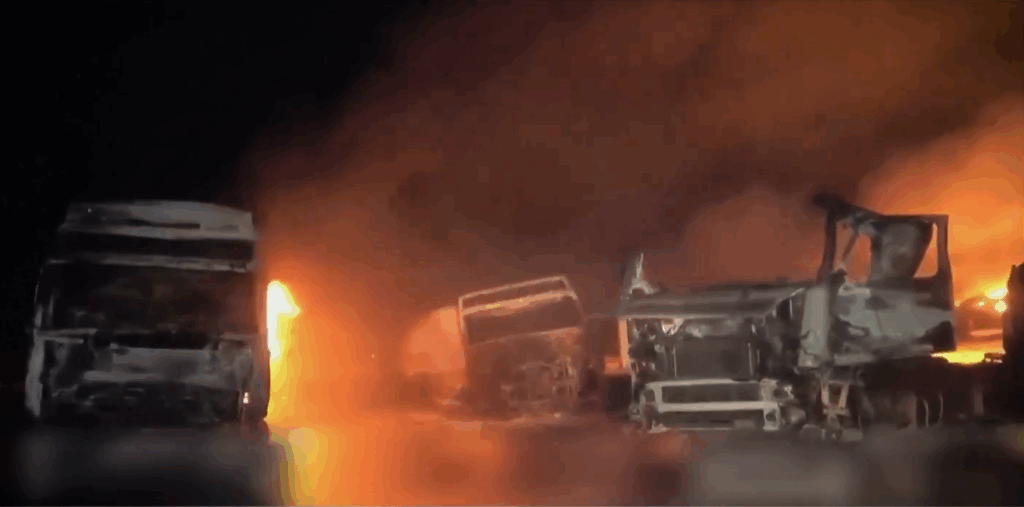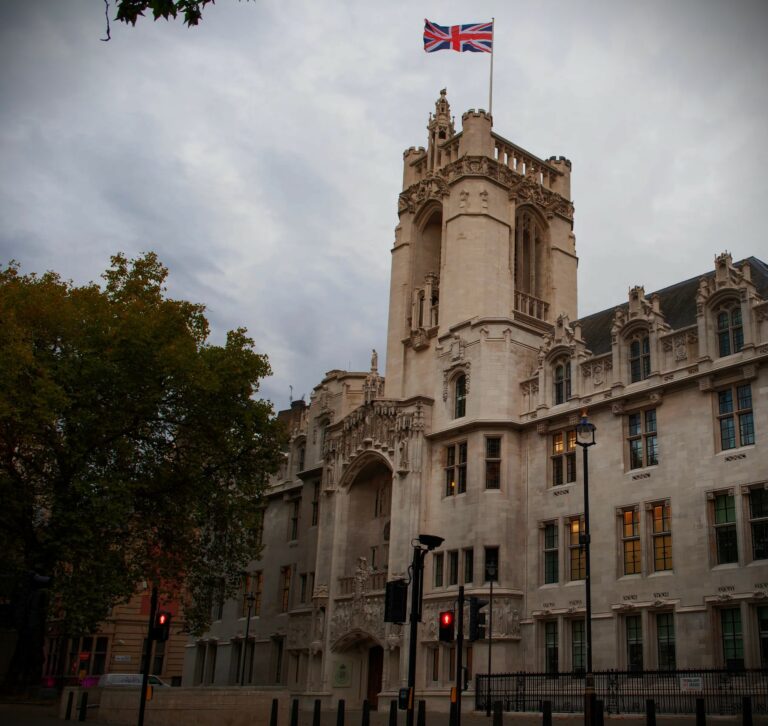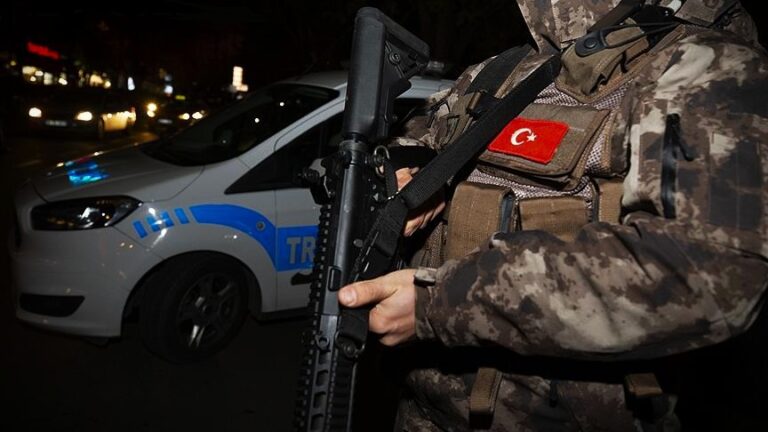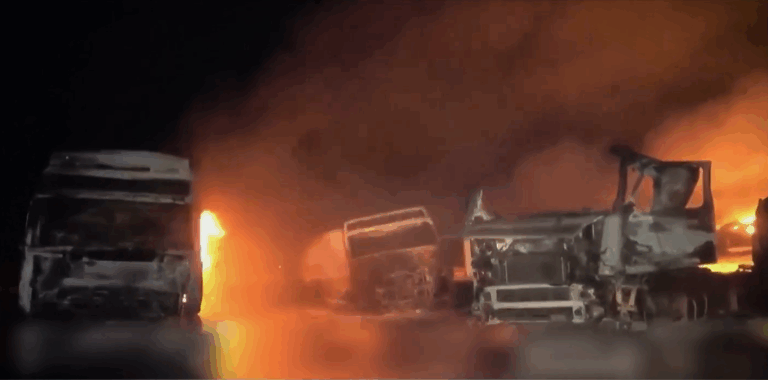
A series of U.S. airstrikes in Yemen have resulted in the deaths of at least 58 individuals and injuries to 126 others, according to local health officials and humanitarian organizations operating in the region. The strikes, reportedly targeting Houthi-controlled military infrastructure in northern Yemen, mark one of the deadliest escalations in the ongoing conflict in recent months.
Pentagon officials confirmed the air campaign late Thursday night, stating the operations were in response to a recent surge in drone and missile attacks allegedly launched by Houthi forces against international shipping lanes in the Red Sea. A senior defense spokesperson said the strikes were “precise and targeted” and intended to degrade the Houthis’ military capability while minimizing civilian casualties.
However, reports from the ground tell a more harrowing story. Witnesses in the northern Saada province—a known Houthi stronghold—described powerful explosions that rocked residential neighborhoods, marketplaces, and nearby schools. Emergency services struggled to cope with the sheer number of wounded, many of whom were transported to overcrowded hospitals lacking critical supplies.
The death toll includes several women and children, according to the Yemen Red Crescent Society, which has deployed emergency teams to assist in rescue and recovery efforts. “This is a catastrophe,” said one local medic, speaking on condition of anonymity. “We are seeing scenes of devastation unlike anything in recent memory.”
Yemeni officials allied with the internationally recognized government have supported the strikes, saying they were a necessary measure to curb the Houthis’ increasing aggression. Meanwhile, Houthi leaders have condemned the attack, vowing retaliation and accusing the U.S. of committing war crimes.
International reaction has been swift and divided. The United Nations has called for an independent investigation into the incident, urging all parties to exercise restraint and return to the negotiation table. Human rights organizations, including Amnesty International and Human Rights Watch, have called for accountability and expressed concern over the humanitarian impact of the bombing.
“This is yet another tragic reminder that civilians continue to bear the brunt of this conflict,” said Sarah Al-Mahdi, regional director for Médecins Sans Frontières. “The indiscriminate use of force in populated areas cannot be justified.”
The situation in Yemen, often referred to as the world’s worst humanitarian crisis, has been further exacerbated by years of war, famine, and disease. Aid agencies warn that further military escalation will only deepen the suffering of millions who rely on humanitarian assistance to survive.
As the international community watches closely, questions loom over the legality and long-term consequences of the airstrikes. With no sign of diplomatic resolution in sight, the people of Yemen remain trapped in the crossfire of a conflict that shows no sign of abating.



